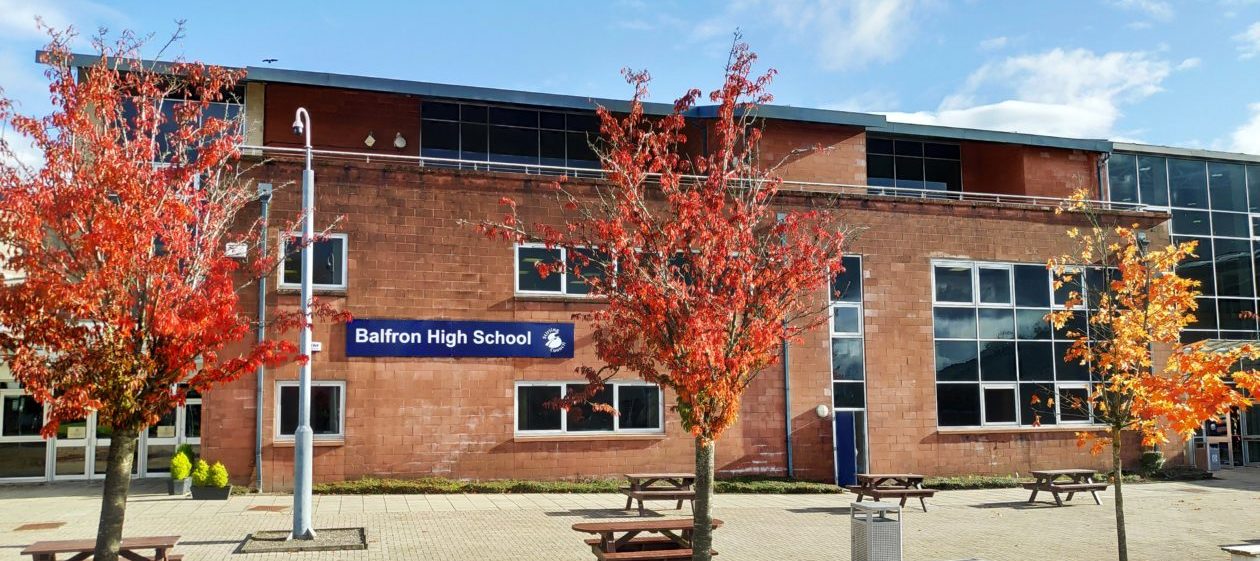Excursions – Parents
Revised December 2010
Rationale
Excursions are valuable experiences for all involved. They allow opportunities for young people to acquire knowledge and experiences, and develop many skills, values and attitudes: relationships, self- confidence, independence, responsibility, etc. They give staff opportunities to build relationships with young people and vice versa.
Aim
To create a programme of excursions which aims to:
- raise achievement
- provide opportunities for as many young people and staff as possible to take part
Principles/Practice
Permission is given for an excursion where the excursion meets criteria that have been agreed amongst staff. (See points 1 to 5 below)
- Where possible, excursions should be of a non-extended nature, covering as few days out of school as possible, to reduce any disruption to learning and teaching to a minimum. Curricular excursions for S4, S5 and S6 proposed for the term January to March should ideally not involve more than two days absence from lessons. Notice of any non-extended excursion should be with the Head Teacher at least four weeks before the suggested date. For extended excursions, permission should be sought in June for the following session to allow the excursions to be put into the calendar.
- All excursions should be completely self-funding. Detailed records should be kept of payments using payment cards and deposit/receipt slips. Any surplus funds should be signed over to the school trust fund to support activities for all.
- All excursions should have should have a clear curricular rationale with cross-curricular links and subject-based activities outlined as part of the Excursion Application form.
- No excursion, for which payment is required, should be a necessary component of any course. Young people not taking part should not be disadvantaged, rather ways should be sought to enrich their learning by drawing on the experiences of those who did take part.
- It is important that excursions are as inclusive as possible and that learning and teaching experiences for those young people not on excursions continue to be positive and challenging, when teachers are out of school on excursions.
- A full report, suitable for inclusion in the Newsletter, local paper or yearbook should be written by the group. The group leader has the responsibility for this. An excursions calendar will be drawn up at the beginning of each session.
- Whenever possible, young people will be given a list at the beginning of the session of the excursions that they have an opportunity to apply for.
- Information about excursion opportunities will be posted on the school website so that parents are aware of the range of opportunities.
- An electronic record will be kept of which excursion each young person has attended. This gives a mechanism for monitoring to ensure an element of fairness and add to the profile of a young person’s achievements.
- If a young person has already been involved in an ‘extra’ curricular excursion and another ‘extra’ curricular excursion is oversubscribed, that young person would not be first to be selected but would be put on a reserve list.
- Where an excursion is seen as essential for personal and social development or the curriculum e.g. the S1 residential or a Geography field trip, parents may request financial support from the school where there is hardship. This would be communicated to all parents in a Newsletter and in any letter informing parents about such an excursion.

